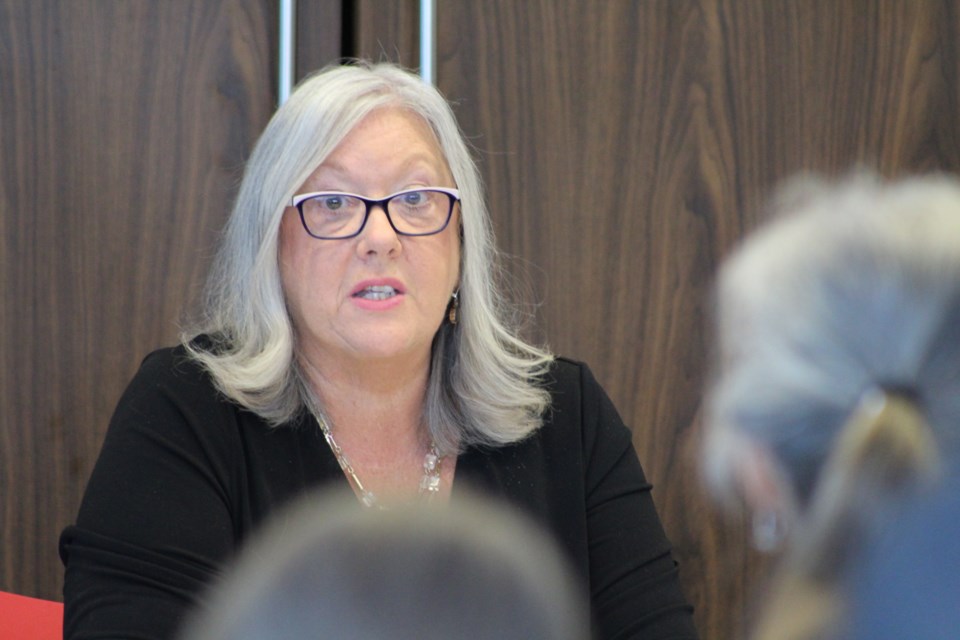Injured workers groups are calling on the provincial government to hold public consultations on proposed amendments to the Workplace Safety and Insurance Act.
The groups say they have been excluded from consultations which are now wrapping up looking at changes to the workers compensation system. At issue, they say, is a $6-billion surplus that the government plans to redistribute to employers.
Meanwhile, they added, compensation to injured workers has been cut over the years, leaving many to struggle in Ontario.
Many more, said Christine Nugent, co-ordinator of the Barrie District Injured Workers Group, are being denied coverage. In Simcoe County, she is working with about 15 people injured on the job and are fighting for coverage.
“I … spend hours on the phone helping them navigate the system,” she said. “It’s really dire.”
Meanwhile, many others who have been injured at work, including those who contracted COVID-19 on the job, don’t know that they can qualify for workers’ compensation benefits, she added.
During a virtual press conference on Tuesday, injured workers’ advocates called on the provincial government to address outstanding issues.
“It’s really frustrating to see that injured workers were not even part of the equation, we were not asked to be part of the discussion, we were not included at all,” said Janet Paterson, president of the Ontario Network of Injured Workers Group about the current consultations. “It’s unbelievable that the WSIB (Workplace Safety and Insurance Board) would talk about dispersing the funds to employers.”
She said WSIB benefits need to be indexed to cover the full cost of living and advocates want benefits restored to 90 per cent of net earnings. They also seek better coverage of chronic mental stress injuries, restoring loss of retirement income to 10 per cent from the current five per cent and stable funding for injured workers’ groups.
“The government is considering how they should pay out employers if the Workers' Compensation Board is ever in a surplus position. How dare they, when so many workers and their families continue to wait, sometimes for decades, for due compensation,” added Patty Coates, president of the Ontario Federation of Labour.
Ontario has one of the lowest compensation rates in Canada, she said.
In an emailed statement, Ministry of Labour officials said the proposal does not impact the benefits or services injured workers can receive.
“We believe everyone deserves the compensation they’re entitled to under the Workplace Safety and Insurance Act,” reads the statement. “Our consultation on how to redistribute surplus funds comes from a recommendation of the independent WSIB Operational Review our government commissioned, which included broad consultation with worker advocates, business groups, and other stakeholders over many months.”
It pointed out that the WSIB is an independent, arm’s length agency with the sole responsibility to determine its own practices and procedures.



